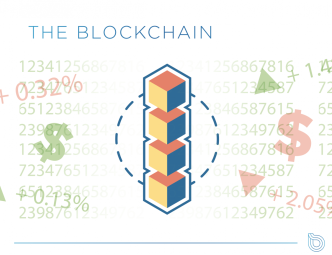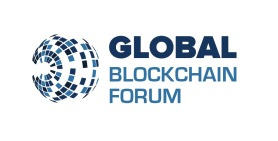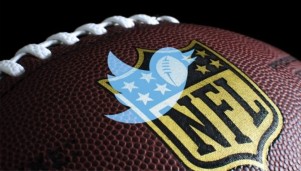 The Smart Contract Templates application developed by Barclays has heralded the first ever public demonstration of the R3 Corda “fabric” for shared banking ledgers, which took place before an audience of over 800 people at The O2 in London.
The Smart Contract Templates application developed by Barclays has heralded the first ever public demonstration of the R3 Corda “fabric” for shared banking ledgers, which took place before an audience of over 800 people at The O2 in London.
The event was the public demo day of the Barclays Accelerator, powered by Techstars, where 11 teams presented, including 10 startups and a Barclays internal team. The team behind the prototype smart contracts application was the internal one headed up by Dr Lee Braine from Barclays Investment Bank’s CTO Office.
Source: IBT



 The global music business offered up
The global music business offered up 
 Universal Music Group is locked in a chilly negotiation period with YouTube, as the major’s long-running licensing deal with Google’s platform switches to a rolling deal.
Universal Music Group is locked in a chilly negotiation period with YouTube, as the major’s long-running licensing deal with Google’s platform switches to a rolling deal.


